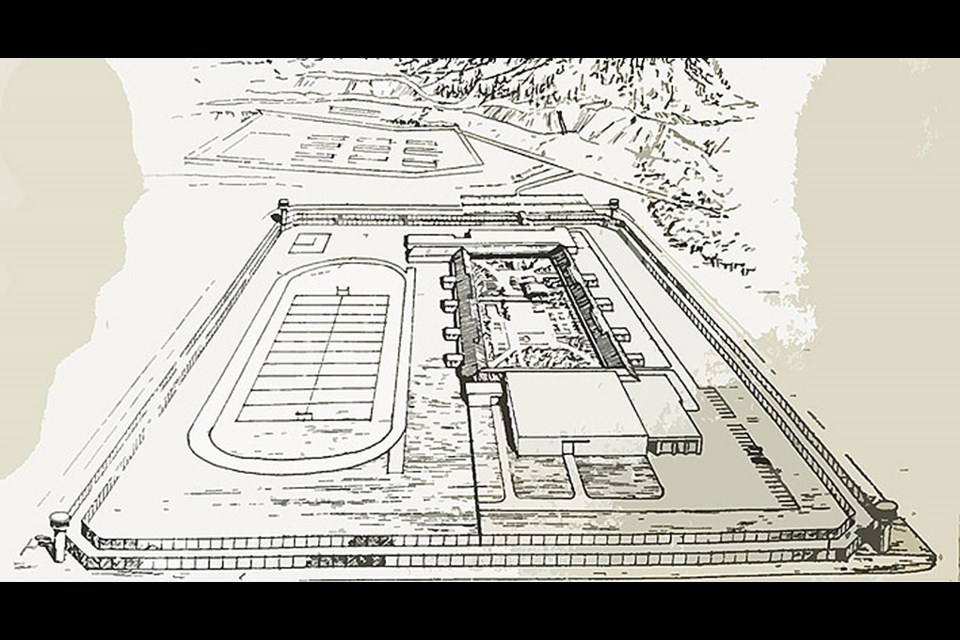If things had gone in another direction, a very different clientele would now be calling the Boundary Bay Airport site in East Ladner home.
In November of 1975, Delta council gave serious thought to having a $12-million maximum security prison built on 25 acres of land at the then decommissioned airport.
Council directed municipal staff to conduct studies into the suggestion following a workshop with officials from the Federal Penitentiary Service, who tried to “sell” the idea.
Municipal politicians agreed that if they gave the proposal tentative approval, hearings would be held to gauge the public's support.
FPS officials said the prison would house 192 inmates, many of them serving up to 30 years for murder, and over 200 staff.
“Those accommodated in maximum security are those we dare not place anywhere else,” FPS acting regional director Doug McGregor said at the time.
The Delta prison would have been one of three new maximum security penitentiaries and two medium security institutions to be established in B.C.
Several Delta alderman expressed concern about the proximity of the proposed prison to residential areas and the potential costs to local taxpayers.
Municipal administrator Mike Allen pointed out there was a “real need” for future uses at the Boundary Bay Airport property.
“We can look at this specific application, but we shouldn't allow ourselves to overlook the need for an overall plan,” he said.
Tommy Thomas, chair of the Delta Chamber of Commerce's airport committee, said the proposed prison, that would have been built on land north of the Roberts Bank rail line, would not interfere with any other airport activities or amenities.
However, the idea didn't seem to go over so well, with the Optimist receiving numerous calls from residents voicing strong opposition.
By January of 1976, then mayor Tom Goode told members of the Tsawwassen Business Association that both he and municipal council indicated to the Federal Penitentiary Service the prison proposal would be unacceptable to residents.
“If there was any further action on the suggestion, council would, I'm sure, go to a public hearing to allow residents to voice their opinions,” Goode said. “There's never been any doubt in my mind that the general consensus of opinion in Delta is negative to the idea of a prison here," he added.
Noting a plebiscite would be necessary, then Delta MP John Reynolds also offered assurances there wouldn't be a prison built if the majority or residents were opposed.
Later, the federal government received a Ministry of Transport staff report recommending revitalizing the Second World War airport as a major recreational and commercial airport for Western Canada.
In an interview with the Optimist that year, Reynolds said, “since the airport is being recommended by the Ministry of Transport, you can be assured that there will not be a penitentiary in the area.”
Years later, the airport was reactivated and in the late 1990s it was handed over to the municipality. Alpha Aviation now has the long-term lease to operate the facility.
A few years after that, the possibility of a remand centre being built in Delta by 2012 was raised after the province backed away from plans to build one in Burnaby.
Then Solicitor General John van Dongen asked Mayor Lois Jackson to discuss with fellow mayors, on a Metro Vancouver committee she chaired at the time, a suitable location for a 360-bed jail.
He provided a consultant's report that listed 60 possible sites in the region, including eight in Delta: Boundary Bay Airport, Tsawwassen First Nation reserve and industrial properties on River Road, 68th Street, Annacis Island, Tilbury Island and 96th Street next to Burns Bog.
Delta was not chosen.




